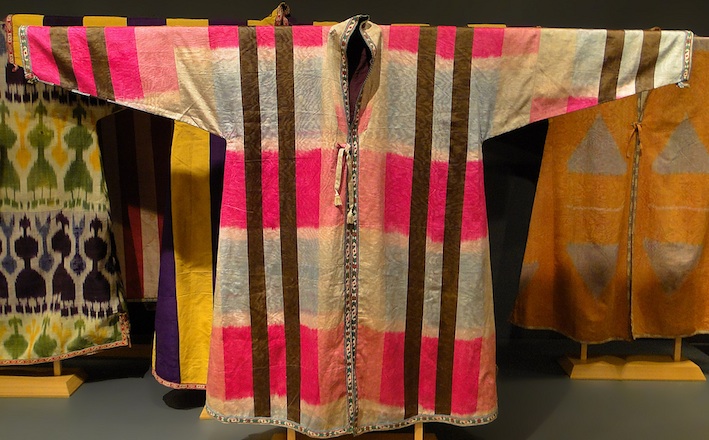Commentary on Matthew 22:1-14
This parable comes across as a difficult text about judgement. Yet, it has some important and useful aspects that commend itself to preaching
First, the language of sending and inviting is used repeatedly. Working with the common notion that the King in the parable is God, it always amazes me how much God continues to reach out to humanity. In this and many other parables, the King sends out his messengers with the good news again and again. This is a God who will not give up on us, and that is great news indeed!
Second, there is the delightful surprise that the king invites everyone to the wedding banquet, both good and bad. In a world so willing to throw blame and shame around, this can be good news indeed. Third, there is some thought that this is actually two separate parables, and may be trying to heighten the sense that this parable is about grace and mercy rather than judgement and punishment.
Looking at today’s gospel of Matthew 22, the first 10 verses have a Lucan parallel, but the remaining 5 do not. Starting in verse 11, there is a second parable that is added onto the first.1 This second continues the themes of judgement and ends with a potentially difficult verse for preaching, “For many are called, but few are chosen.” One commentator suggests that the themes of inclusion and exclusion that suddenly arise here are related to those of whether the guests show mercy to others.2 So, it is indeed a judgmental verse with regards to whether or not those who come to the wedding feast are willing to show mercy, or, in my interpretation, whether they are willing to have mercy shown to them.
My homiletic focus in this parable begins with how people answer the question, “Am I OK?” or in theological terms, “Am I justified?”. If we talk about the wedding banquet as people’s salvation, the banquet would provide God’s answer to whether or not we are justified, or okay. God’s gift of salvation can answer the question of worth and belonging that plague so many people. How do we answer the “Am I OK?” question in our own lives, and are we willing to let God’s answer be enough? Or do we find ourselves needing to find our own human answers that keep us from being able to trust our inclusion in God’s wedding banquet?
If God has invited people to the wedding banquet, they have already “earned” their spot in the kingdom of heaven. So, the question is: why would they reject it? Why would they give up salvation? To use the language of the parable, why would one pass up free food and drink? The answer lies their responses: they either reject God and God’s message of mercy by killing the messengers, or they have other things they are busy with. They have their jobs, their property; things they have built themselves, things they are using to define their worth in the world. This is so similar to our own confusion or conflation of vocation and justification.
Our culture resonates deeply with Christopher Nolan’s Batman when he says, “it’s what we do that defines us.” For many of us, our world creates jobs and family situations where our performance is deeply tied to our sense of worth. Many people in our culture want to be the best employees or best parents because that will dictate whether or not they are okay. Simply read some obituaries or listen to a few eulogies and you’ll find endless testimony to the best grandma or grandpa who worked the hardest, etc. For many people, we know that we are okay, that we are justified, because we have fought the good fight, done our duty, been a good person, etc.
In the parable, the king responds by turning our systems on their head. By sending out his troops to destroy the people and their “city,” the king is destroying our human notions that what we have done and built has value when it comes to the wedding banquet, the kingdom of heaven. Instead, the king invites everyone in the main streets: the good and the bad, the non-elite. No longer are we worried about the elite, the wealthy, or those who control society. Instead, God is declaring his preference for the marginalized. This might be like hearing that one’s workplace is giving bonuses to everyone; even the bad employees, or even employees who have been fired.
The text continues by adding insult to injury by throwing out those who show up at the wedding banquet who aren’t willing to be completely covered in God’s mercy, that is, the wedding gown. This additional parable stuck on the end of the parallel from Luke signifies that for the writer of Matthew there is only one way to the wedding banquet: through Christ.
To put on the wedding robe provided by the king is to take on the garments of Christ; when we come to the wedding feast, we are clothed like everyone else in mercy. If we refuse this mercy by instead relying on our own works or accomplishments, we stand in judgement. As Paul reminds us, those who wish to be judged under the law will face the consequences.
If we want to prove ourselves worthy, we will indeed feel the sting of “Many are called, but few are chosen.” Yet, if we remember that God’s grace is what saves us, we won’t worry how we are clothed, or who else God has decided to include in the Wedding Banquet. There is no room for piety or first rate Christians in the kingdom of heaven. There is only room for those whom God has chosen. The trick is, can we live with a God who doesn’t care how great we are at our jobs, and who has chosen everyone?
Notes
1. W.F. Albright & C. S. Mann, Matthew, The Anchor Bible 26 (Garden City, NY: Doubleday, 1971), 269.
2. R.T. France, The Gospel of Matthew, The New International Commentary on the New Testament (Grand Rapids, MI: Eerdmans, 2007), 823.


October 15, 2017